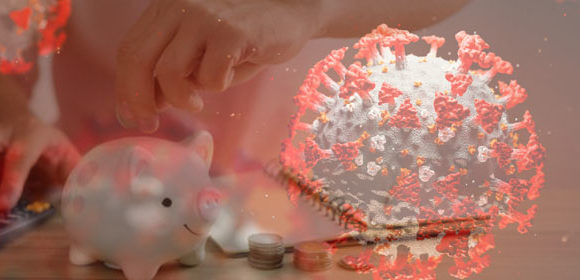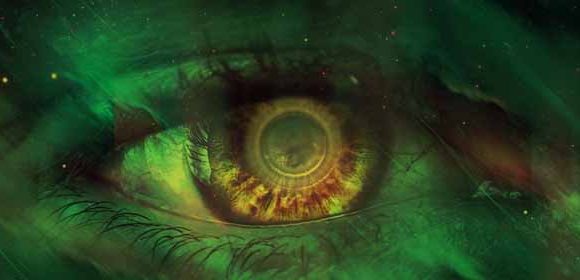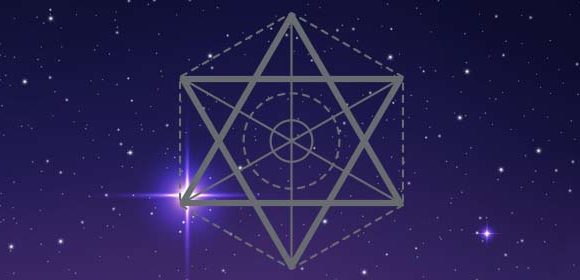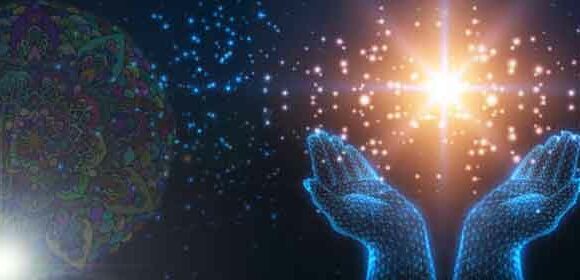The age-old debate of “Evolution or Creation?” is one of those questions that seems to pop up in every conversation about life, the universe, and our origins. It’s like trying to decide if we’re more like the characters in *The Matrix*, where everything is designed and planned, or if we’re more like the *Jurassic Park* dinosaurs, evolving over time and adapting to our environment. Both sides have compelling stories, don’t they? Creation offers the comfort of design and purpose, while evolution presents the beauty of growth, change, and survival.
But here’s the thing: do we really have to pick one over the other? Can’t both ideas coexist in some way, blending science and spirituality in a way that helps us understand the mystery of life just a little bit better?
Let’s dive in and explore both sides of this debate, not to settle it once and for all (spoiler: we won’t), but to see what we can learn from each perspective and, maybe, find a bit of harmony between the two.
Evolution: Life’s Beautiful Chaos
Let’s start with evolution. If you’ve ever looked at a fossil in a museum or watched nature documentaries showing animals adapting to their environment over time, you’ve already got a glimpse of evolution in action. The theory of evolution, proposed by Charles Darwin in the 19th century, suggests that life on Earth has developed and changed over millions of years through natural selection—essentially, survival of the fittest.
It’s a pretty wild ride if you think about it. Imagine tiny, microscopic organisms floating in the oceans billions of years ago, eventually evolving into fish, which later crawl onto land, sprout legs, and, over time, become everything from dinosaurs to birds to humans. It’s like the ultimate survival story! Every creature, including us, is part of this ongoing process of adapting, changing, and improving its chances of survival.
If you’re someone who finds beauty in nature’s creativity, evolution probably feels like a masterpiece. It’s not just about survival—it’s about thriving in a constantly changing world. Think about it: polar bears evolved to have thick fur and fat to survive the freezing Arctic, while cacti developed the ability to store water to make it through long droughts. In that sense, evolution is kind of magical. It’s the universe’s way of experimenting and refining, like a cosmic artist shaping and reshaping life forms to better suit their surroundings.
Creation: A Divine Blueprint
On the flip side, we have the idea of creation. This perspective says that life wasn’t the result of a random series of natural events but was instead designed with intention by a Creator. For many people, the concept of creation provides a deep sense of comfort and purpose. It suggests that life, including your life, is not an accident but part of a grand design.
Creation stories can be found in many spiritual traditions. In Christianity, for example, the Bible’s Book of Genesis tells the story of God creating the world in six days, designing everything from light and water to humans. In other cultures, we see variations of this idea. For instance, Hinduism speaks of the universe being created, destroyed, and reborn in cycles through the will of Brahma, the creator god.
If you’re someone who leans toward the spiritual or religious, the creation story likely resonates on a deeper level. It suggests that there is a higher power, a divine intelligence behind everything, which adds a sense of meaning and direction to life. I mean, who wouldn’t find comfort in the idea that someone or something carefully crafted the universe and everything in it, including us?
Evolution vs. Creation: Must They Be Opposed?
This is where things get interesting—and perhaps a bit tricky. The conversation often gets framed as a choice: *either* you believe in evolution *or* you believe in creation. It’s like the old “this or that” game: Are you a cat person or a dog person? Coffee or tea? Evolution or creation?
But who says you have to pick one? Maybe there’s room for both.
Some people suggest that evolution is simply the method through which the divine creates. In other words, the two concepts don’t have to be enemies; they could be partners in explaining how we got here. Think about it this way: If you’re an artist, you probably don’t whip up a finished masterpiece in one go. There’s a process of refining, editing, and improving. What if evolution is just that—God’s (or the universe’s) creative process?
In fact, many spiritual people see no conflict between the idea of a Creator and the theory of evolution. They believe that while God created the universe, evolution is the way in which life develops and adapts. This approach allows for both the purposefulness of creation and the dynamic beauty of evolution. It’s like saying, “Yes, there’s a plan, but that plan includes growth, change, and adaptation.” Kind of cool, right?
The Spiritual Side of Evolution
Even if evolution seems to lean more toward science than spirituality, there’s something deeply spiritual about it when you take a step back. Evolution speaks to the idea that everything is connected—that we’re all part of one long, unbroken chain of life. Think about it: the fact that humans share something like 98% of our DNA with chimpanzees, or that the DNA in every living thing, from plants to animals to us, is built from the same basic building blocks, speaks to an underlying unity.
Doesn’t that evoke a sense of awe? We’re not just isolated beings—we’re part of this vast, interconnected web of life, reaching back millions of years. It’s like a spiritual thread runs through all of existence, connecting us not only to the Earth but to every living thing that’s ever existed. It makes you feel small in the best possible way, like you’re part of something much larger than yourself.
Embracing the Mystery
At the end of the day, the question of “Evolution or Creation?” doesn’t need a definitive answer. And that’s okay. I think part of the beauty of life is that we don’t have all the answers. There’s mystery, and in that mystery, there’s room for exploration, growth, and new insights. Maybe the secret lies in not needing to know everything with absolute certainty, but in being open to multiple ways of understanding our origins.
Whether you lean more toward science or spirituality, or if you find yourself somewhere in the middle, the most important thing is that you’re engaging with these big questions. We all want to know where we came from, why we’re here, and what our purpose is. And that curiosity, that search for meaning, is part of what makes us human.
Final Thoughts
So, what’s the takeaway from this whole evolution vs. creation debate? Maybe it’s less about which side is “right” and more about appreciating the wonder and mystery of life itself. Whether you believe in a Creator who designed everything or you’re fascinated by the natural process of evolution, both views inspire awe and a sense of connection to something bigger than ourselves.
Life is beautiful, complex, and, in many ways, beyond our full understanding. And that’s okay! The journey to explore these ideas, to reflect on where we came from and where we’re going, is part of the sacredness of being alive.
So, what do you think? Is it evolution, creation, or perhaps a little of both? It’s a conversation that’s far from over, and the beauty is, you get to decide what resonates most with your heart, your mind, and your spirit.








